Undergraduate student

Heo, Jimin
- Neuromorphic
- Biocomputing
- Brain-Inspired Computing
Although he have been constantly interested in artificial intelligence development, Jimin have come to think about another possibility of artificial intelligence in that it is an era in which its application is receiving more attention than its development itself. In particular, he was interested in the fact that artificial intelligence is significantly less energy efficient than the brain, and he expanded my interest in the field of computer development using the brain as a device. CL1, developed by Cortical Labs in Australia, is a prime example of this interest.

Choi, Yunyeong
- Brain-Inspired Artificial Intelligence
- Brain–Computer Interface
- Cognitive Science
- Psychology
I entered the Department of BCS driven by a deep curiosity about the processes of thought within the human brain and the world beyond them. It was not mere curiosity, but a conviction that understanding the brain is the path to understanding humanity that guided my choice.
Through my undergraduate studies, I have explored the structure and function of the brain as well as various academic approaches to its study. Among these, Brain–Computer Interfaces (BCI) and brain-inspired artificial intelligence have captivated me the most. At the intersection where the brain and machines converge, new possibilities emerge, and I aspire to conduct research at that frontier.
Looking ahead, I hope to become a scientist who transforms human life by integrating neuroscience with artificial intelligence. My goal is to drive innovation across fields such as medicine and education, and ultimately contribute as a researcher to shaping a sustainable future for human civilization.

Sungho Choi
- Astrocyte
- Learning
- memory
- ezrin
- ALS
Since high school, I have been deeply interested in brain science. Inspired by the founding philosophy of the KAIST Department of Brain and Cognitive Sciences, I studied hard with the goal of joining this department. Currently, I am researching ALS from the perspective of diverse cell types, not only neurons, to explore potential new drugs. In particular, I want to focus on glial cells, especially astrocytes, beyond pathological conditions. Rather than limiting my research to disease states, I am interested in studying brain circuits involved in learning, memory, and sleep. Ultimately, I hope to observe the behavior of freely moving animals in natural environments and investigate the brain circuits that underlie their behavior.

Lee, Jooyoung
- Neurodegeneration
- ‘Memory
- Alzheimer's disease
- Drug
After learning about the risk of Alzheimer's disease, I majored in Brain&cognitive sciences to study the disease's causes and fundamental treatments. Currently, I'm interested in biological approaches to neurodegenerative diseases and taking related courses. My goal in the distant future is to contribute to a complete cure for Alzheimer's.

Lee, Yeonhee
I studied Industrial Design, but my deeper curiosity about understanding humans led me to pursue Brain and Cognitive Sciences. Currently, I am learning about various brain disorders and therapeutic approaches, with a particular interest in human cognition and behavior. Moving forward, I hope to bridge the two fields through the common theme of “human,” contributing to areas such as consumer research and data-driven service planning, where analyzing people’s brain and psychological responses can inform more effective strategies and marketing.

Lee, Sumin
- Neurodegenerative disease
- Alzheimer’s disease
- neuroscience
- treatment
I developed an interest in brain disorders, which led me to pursue a major in neuroscience. Through reading various related books, I became particularly fascinated by neurodegenerative disorders, especially Alzheimer’s disease and Parkinson’s disease. I hope to investigate the underlying mechanisms of these neurodegenerative disorders in the future. Ultimately, my goal is to become a researcher who develops personalized treatments for brain disorders tailored to the unique structure of each patient’s brain.

Lee, Seoyeon
- Neurooscience
- Brain-Computing Science
- Cognitive Neuroscience
- Human-Machine Interaction
- Artificial Intelligence
At first, I was interested in the principles of psychology that explain human thoughts and behaviors. But over time, I became more curious about the brain itself and how it actually works behind what we see. Then I learned about brain-computing science, and I was fascinated by the idea that human cognitive processes can be modeled with computers.
In the future, I want to study how the brain and computers are connected and how we can mimic the brain’s principles to build artificial intelligence. My goal is not just to create faster or more efficient AI, but to design flexible and understandable systems that reflect the way humans learn, perceive, and adapt. Through this research, I hope to build a bridge between neuroscience and AI and contribute to the development of future intelligent technologies.

Yoo, Donghyun
- Cognitive & Systems Neuroscience
- Computational Neuroscience and AI Modeling
- Brain-Machine Interface and Robotics
- Learning/ Memory and Decision-Making
- Neuroengineering and Applied Neuroscience
From an early age, I have been deeply fascinated by human consciousness and the mechanisms of the brain, which led me to pursue Brain and Cognitive Sciences at KAIST. My academic motivation comes from a desire not only to acquire theoretical knowledge, but also to integrate neuroscience with cutting-edge technologies such as artificial intelligence, robotics, and quantum computing, in order to address humanity's pressing challenges.
Currently, as an undergraduate student in the Department of Brain and Cognitive Sciences at KAIST, I am engaging in diverse coursework and research experiences, with a particular interest in neuroscience-AI convergence. Alongside academic training, I actively participate in entrepreneurship clubs and startup projects, which allow me to combine scientific exploration with real-world practice.
My future vision is to become both a founder and researcher of a global technology enterprise that fundamentally transforms human life. By bridging neuroscience and AI, I aim to drive innovation across medicine, law, education, and finance, while contributing to the design of a sustainable future for human civilization.

Park, Phil
- Computational neuroscience
- modeling
- intelligence
- learning
- Brain-inspired AI
I aspire to contribute to a fundamental inquiry into human existence through neuroscience research. Although a scientific worldview is widely accepted today, there remains an enduring epistemological assumption that regards scientific explanations of cognition and consciousness as insufficient. I aim to demonstrate that the same physical laws we use to understand the external world can also be applied to the brain and the mind.
My particular interest lies in the problems and methodologies of computational neuroscience. I am drawn to research that expresses the core principles of neural computation through mathematical models, to questions about how neural plasticity gives rise to intelligence, and to perspectives such as predictive coding that view the brain as a predictive machine. I believe that such explorations of natural intelligence will ultimately provide critical insights into the challenges faced by contemporary artificial intelligence. To build a strong foundation for addressing these questions, I chose to join the Department of Brain and Cognitive Sciences.

Park, Anthony
- System Neuroscience
- Brain-Machine Interface
Hello I’m Anthony Park, who joined to the Department of Brain and Cognitive Sciences in 2024.
The human brain boasts a wide range of complex functions.
It encompasses diverse abilities such as learning, cognition, reasoning, association, and intuition, many of which are difficult to explain purely in structural terms.
Motivated by a deep curiosity about the brain, I aspire to study in the Department of Brain and Cognitive Sciences to explore and resolve these questions.

TaeKeon Kim
- Behavioral genetics
- psychology
- neuroscience
- social interaction
I am interested in various acts of animals especially humans and want to analyze it through brain and neuroscience. I wish to study about animal behaviors and especially human psychology.

Kim, Junyong
- Human existence
- Neuroscience
- Aging research
- Exploration of diverse fields
I entered the Department of Brain and Cognitive Sciences with a strong desire to fundamentally understand human existence, and I am currently conducting research with a primary focus on aging. I strive to investigate the principles of aging and explain its processes through scientific approaches, while broadening my perspective as a researcher through experiments and learning. In the future, I hope to deepen my studies on aging while also exploring diverse fields to further expand my academic achievements.

Kim, Songhee
- BrainAging
- CellReprogramming
- Epigenetics
- GeneEditing
Songhee believes that a healthy brain is the foundation of a thriving society. She is particularly interested in how the brain’s changes during aging can be preserved and even reversed in a healthy way. She hopes that everyone can maintain a healthy brain and aims to help reduce the many hardships that arise when the brain loses its function.
Kim, Seoyeon
- neuroscience
- cognitive science
- philosophy
- philosophy of science
- data science
I believe the brain functions like a controller that governs many aspects of animal life. Despite the numerous facts that have been discovered about its functions, I was fascinated by the countless mysteries that still remain, which led me to choose Brain and Cognitive Science as my major. I am particularly interested in how physical brain activity gives rise to subjective experiences. Additionally, given that many concepts in data science are closely related to actual brain mechanisms, I aim to conduct research that integrates these two fields so they can interact with and advance each other. While there are inevitable limitations in humans studying their own brains, I will strive to overcome these constraints by utilizing data science and various other methods. Ultimately, my goal is to scientifically clarify philosophical problems such as the nature of consciousness.
Fan, Xinyi
- Neuroscience
- psychology
- mental disorder
I’ve always been curious about what makes our brain work for thinking, remembering, and feeling, so I want to learn more about brain and cognition.

Yoon, Jeongwon
- structural flexibility
- neuroplasticity
- brain-inspired AI
Jeongwon has a deep interest in the scientific principles of the brain that enable flexible adaptation to environmental changes. She is curious about various aspects of neuroplasticity and structural flexibility, with a particular fascination for the dynamic structural development that occurs in infants' brains. She believes that applying the principles of brain development to robotics and artificial intelligence could enable machines to interact with environments and learn autonomously. Captivated by the brain's boundless potential since childhood, she is now joyfully pursuing her passion by studying in the BCS department.

Yu, Jihee
- Neuroscience
- CognitiveDesign
- Wellbeing
Jihee’s interest in Brain and Cognitive Sciences began with the realization of its potential to address "incurable" diseases, such as anorexia, by exploring brain connectivity differences and using biochemical approaches rather than solely psychological ones. This interdisciplinary perspective inspired her to understand how the brain’s mechanisms can lead to innovative treatments and improved quality of life.
She aims to study the intersection of cognitive neuroscience, biochemical engineering, and industrial design, with a focus on cognitive design. The ultimate goal is to develop solutions that enhance human health and performance by integrating these fields.
In the future, Jihee hopes to lead innovations that merge science, technology, and design to create impactful solutions for health and well-being, contributing to a world where neuroscience drives meaningful change.

Irene Song
- Neurodegenerative diseases
- mental disorders
- brain based education
- cognitive psychology
The irony of the brain’s intuitive effects and the extremely vague underlying mechanism behind them sparked Irene’s interest and drove her to join KAIST’s Brain and Cognitive Sciences department. In high school, she started by studying the interaction between her two largest areas of interest – brain and education – through her senior research paper, and upon learning about other areas through the BCS courses, she has expanded her interest to neurodegenerative diseases and cognitive psychology as well. Through her undergraduate years and future research, she aspires to become a neuroscientist able to help those who are most in need.
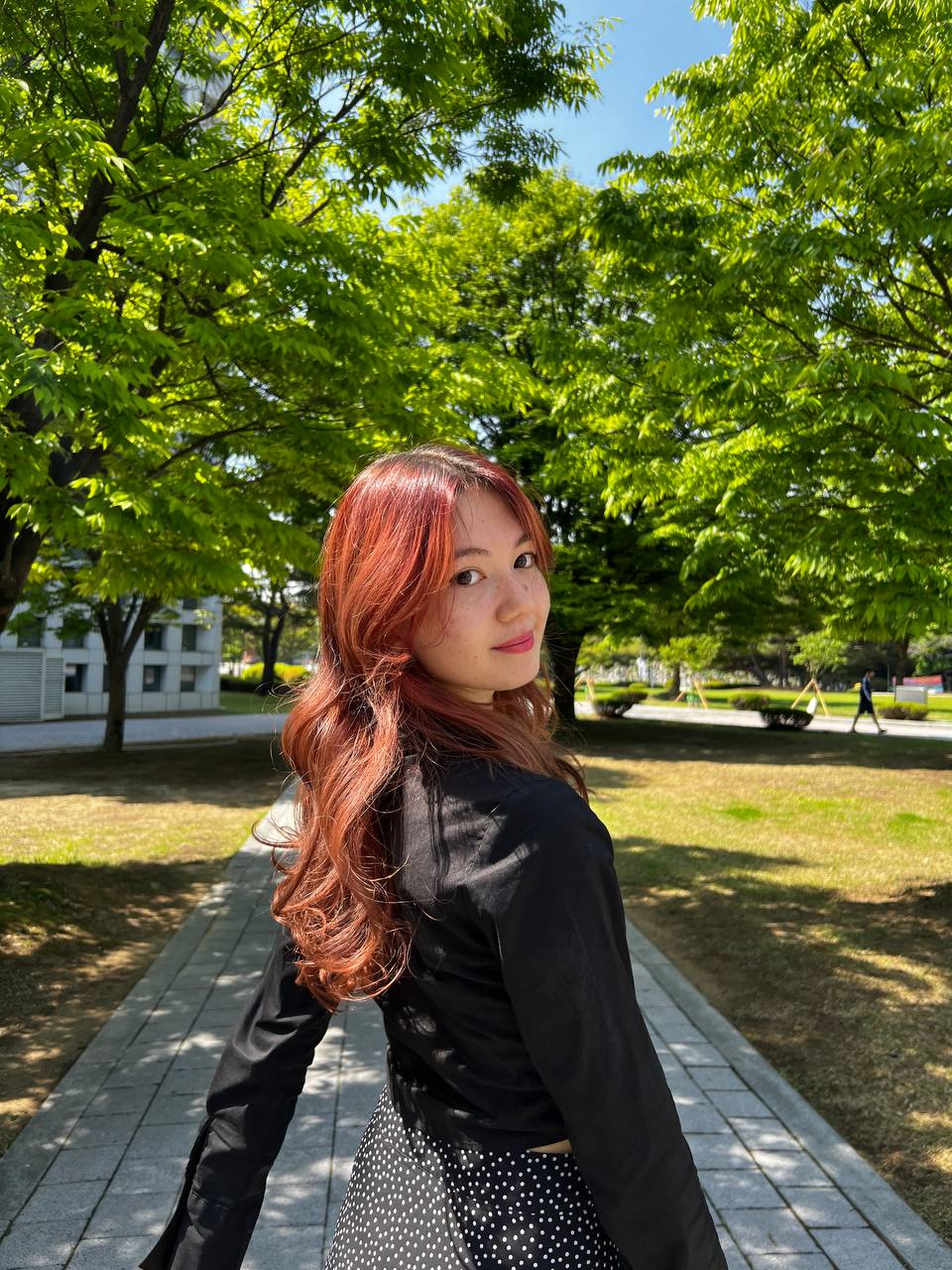
Nurlybay Akmerey
San Kim
- Brain–computer interface
- Metaverse
San had a fundamental question about the brain's thinking system about how the brain handles the five senses of sight, smell, touch, etc.
He wants to study how to force the brain to evoke certain images. The technology he wants to realize with this research is the realization of final metaverse that manipulating one's avatar in virtual reality with just thinking.
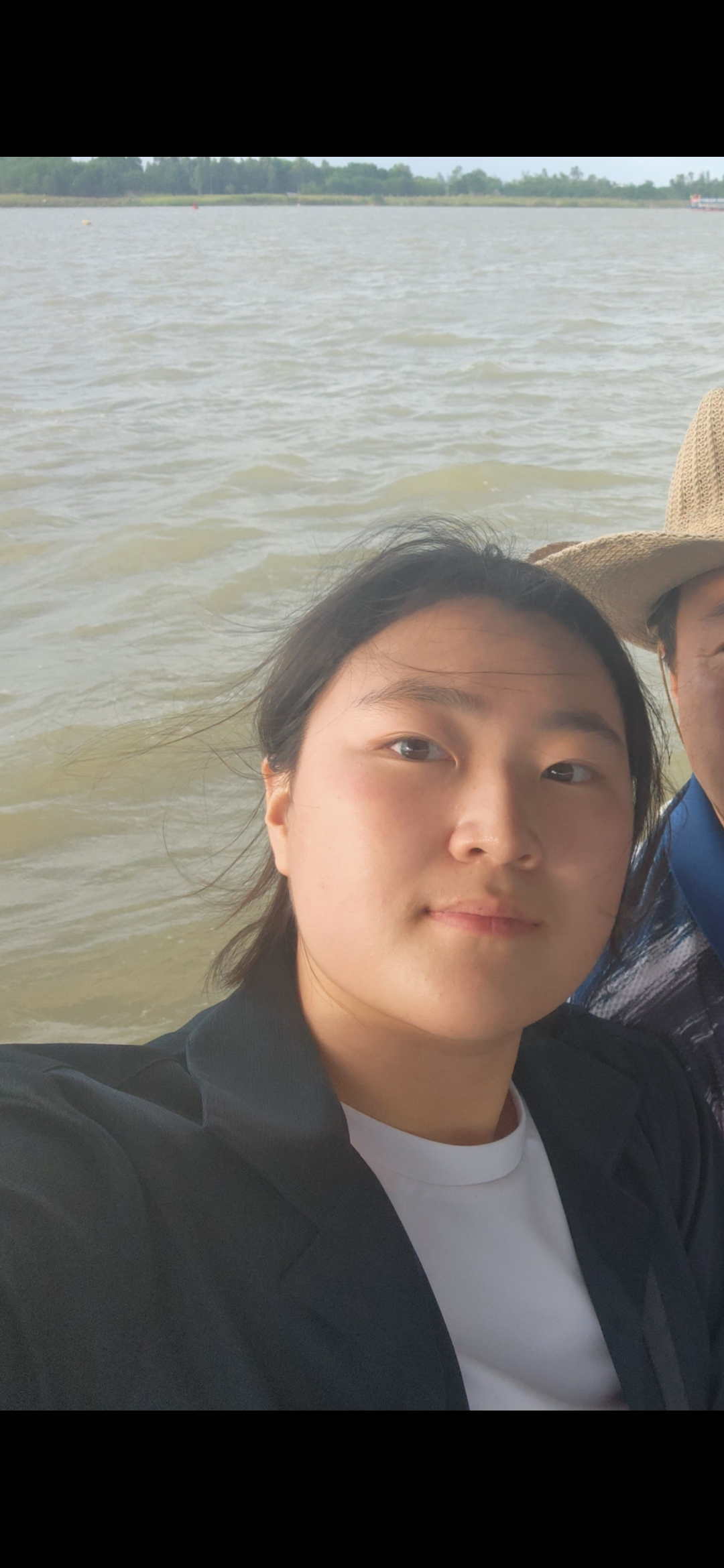
Hui Song
- neurology and psychiatry
I’m Song Hui, class 22 who entered the department of brain cognitive science in 2023. I thought it was a good opportunity to explore and learn deeply about the brain structure and cognitive process that I was interested in, so I went to the department of Brain Cognitive Science. As I liked life science, I learned about brain diseases in high school life science class and became interested in brain function itself by looking up related papers. For me, I felt the Department of Brain Cognitive Science very interesting to learn neurobiology, theoretical neuroscience, cognitive science, neurology and psychiatry at once. Also, it was interesting to open various subjects to become a great convergence talent.
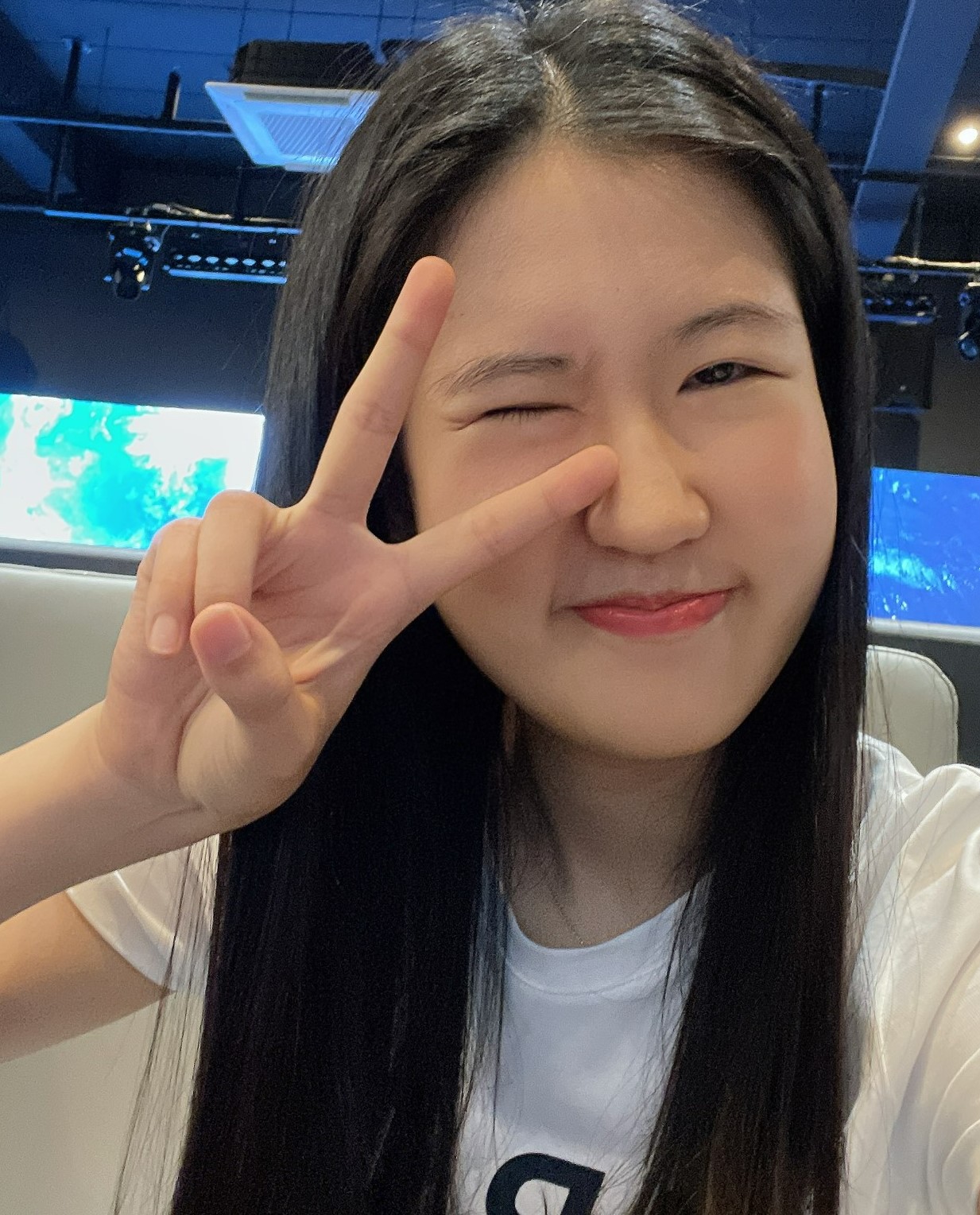
Seohyeon Kang
- Brain science
- Biochemistry
- Dreaming and Challenging
- Neurological medicine
Seohyeon is interested in both brain science and biochemistry. She was very interested in the human brain that she first encountered through books in science high school, and she would like to know about various biochemical mechanisms that occur in the brain. After studying hard and challenging various experiences in the Department of Brain Cognitive Science, she wants to become a brain scientist who studies how to help the cause and treatment of brain diseases in the future.
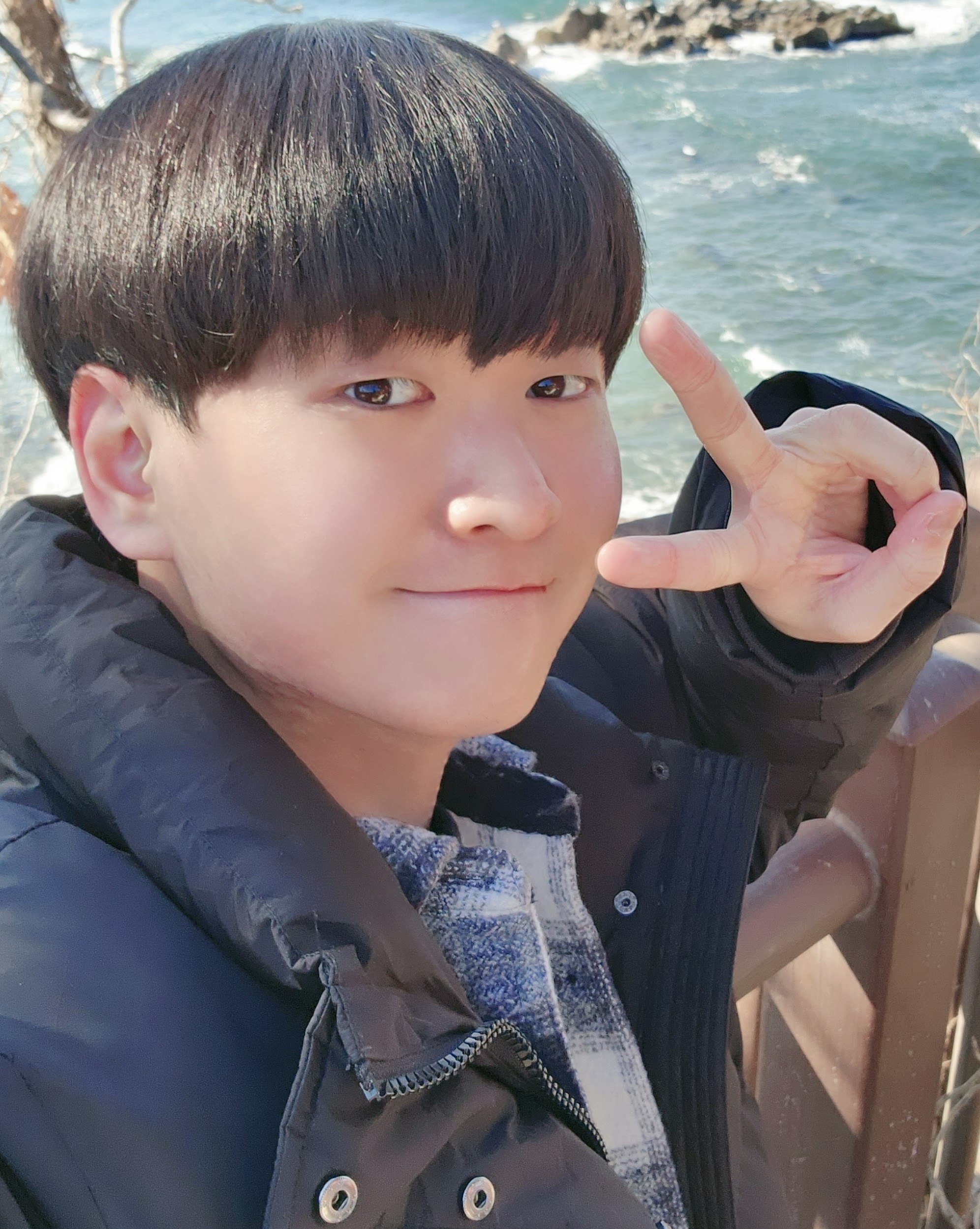
Yongmun Kim
- Brain Cognitive science
- Memory
- Dementia
- Medicine
Yongmun graduated from the Incheon Academy of Science and Arts (IASA) and became interested in the field of life science, so he went to KAIST to deeply explore related fields and conduct in-depth research. He entered the Department of Brain & Cognitive Sciences because he wanted to dig deeper into the field of brain science, which he was interested in, and he also wanted to challenge the new department. He especially would like to study deeply into the memory field in brain science.
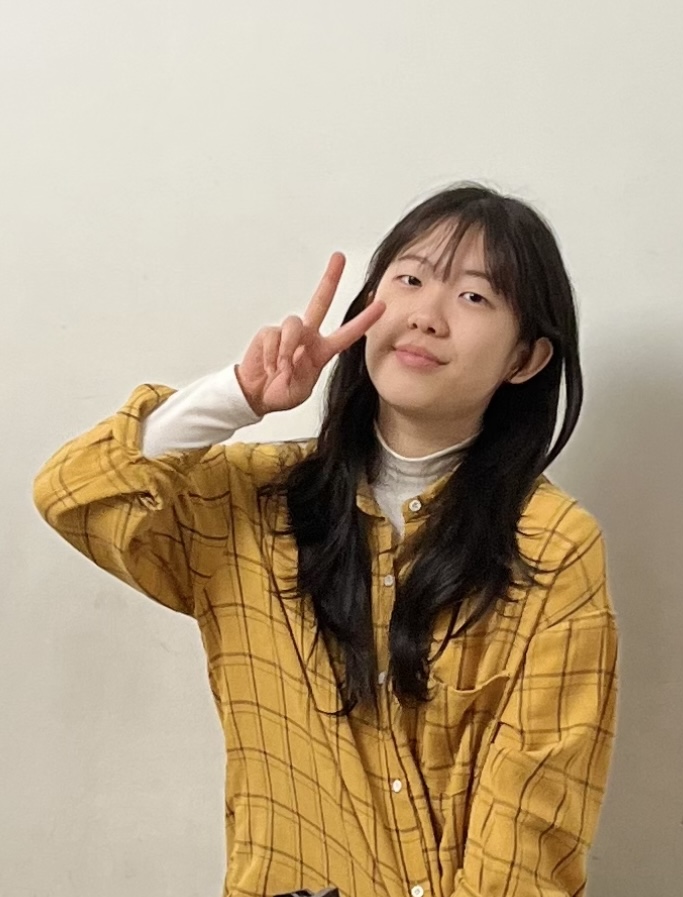
Kim Yumi
- brain-inspired AI
- neuro science
- cognitive science
- psychology
Yumi came to the Department of Brain Cognitive Science because she was attracted to the brain that makes humans human. Her goal is to study various fields related to the brain, such as psychology, philosophy, and neuroscience, in the Department of Brain Cognitive Science, and then incorporate them into the field of artificial intelligence to study brain-inspired AI. Her ultimate dream is to fully understand how the brain works.

Kim Jeongbin
- Cognitive Computing
- Cognitive Science
- Ethical AI
Jeongbin is interested in the mechanism of human brain, so that he can combine this to AI research. Through this, he aims to make more human-like AI. He also wants to study the ethics of AI and contribute to the harmonious coexistence of human and artificial intelligence.
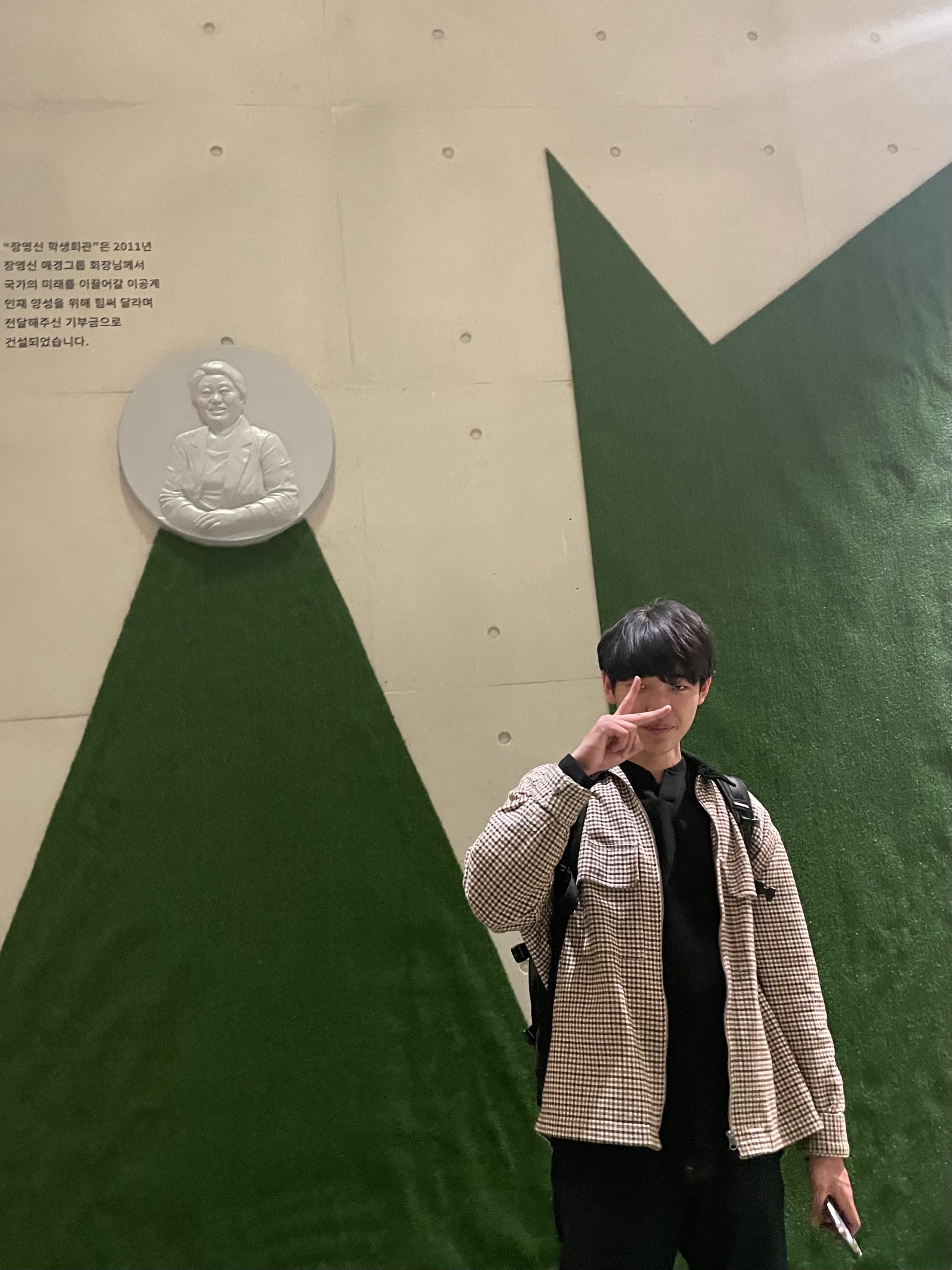
Kim Jun Yeop
- Brain-Computer interface
- Brain engineering sensors
- Biotechnology of Degenerative brain diseases
In his bachelor's degree in this department, JunYeop seeks to understand the working principles of the human brain and neurons and to explore its engineering/medical applications. His ultimate goal is to pursue multiple electrical and electronic majors and then incorporate device and sensor technologies into the human brain to develop treatments for degenerative brain diseases or create a new technology business with BCI.
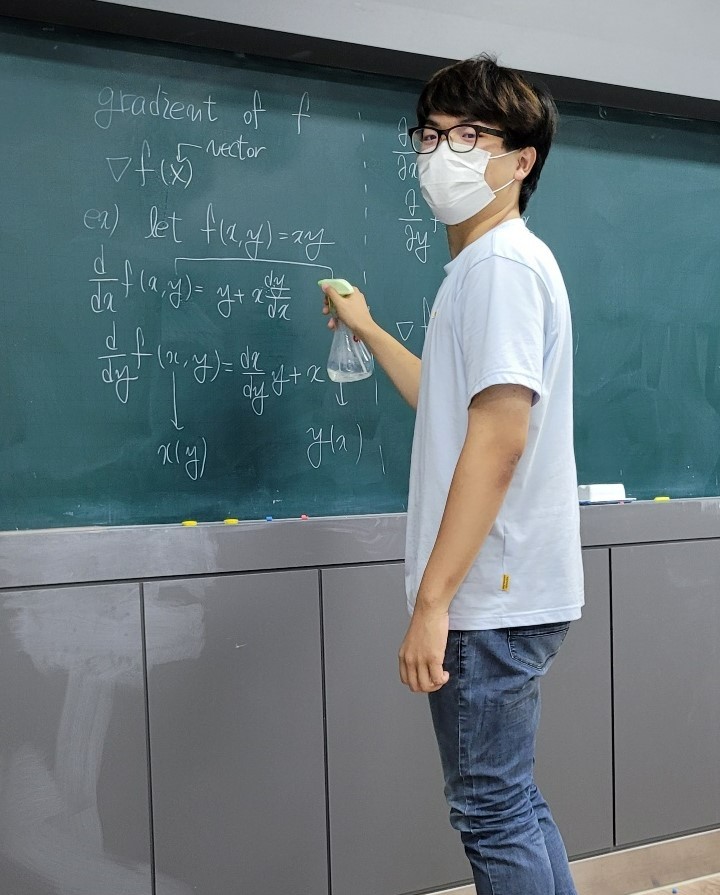
Taesik Myeong
- Computational neuroscience
- Cognitive Neuroscience
- Emotional Neuroscience
I’m Taesik Myeong, majoring in Brain Cognitive Science and Computer Science. Similar in that the minimum units of information in neurons and computers are two: 0 and 1. However, unlike computers, the brain is capable of higher thinking, such as emotion, with numerous networks of neurons. It’s my ambition to figure out how to handle complex processes just by connecting neurons.
Park Sang Gyun
- neuropsychiatry
- mental disorder
- depression
- psychoanalysis
Park Sang-gyun is interested in neuropsychiatry and psychology.
Before and after COVID-19, the global demand for psychiatry increased and the market expanded, leading to the Department of Brain Cognitive Science.
I have a very new dream of creating a diagnostic standard that contradicts the concept of reading the existing mental disease diagnostic criteria.
Ultimately, I want to reveal the clear mechanisms of mental illness.
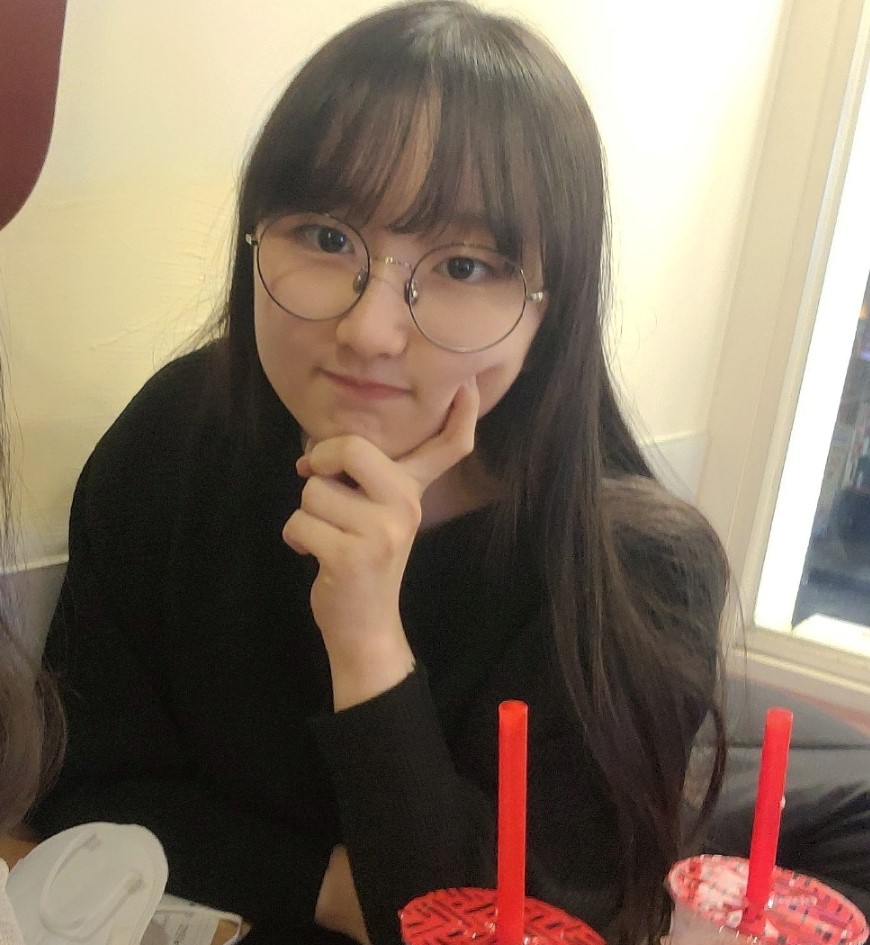
Park Seoeun
- brain disease
- sleeping
- drug
After graduating from Gyeonggi Science High School, I entered KAIST at 2022. I chose the department of brain cognitive science to study about the brain, and I want to study drugs for brain diseases or ways to use them in connection with chemistry that I am usually interested in.
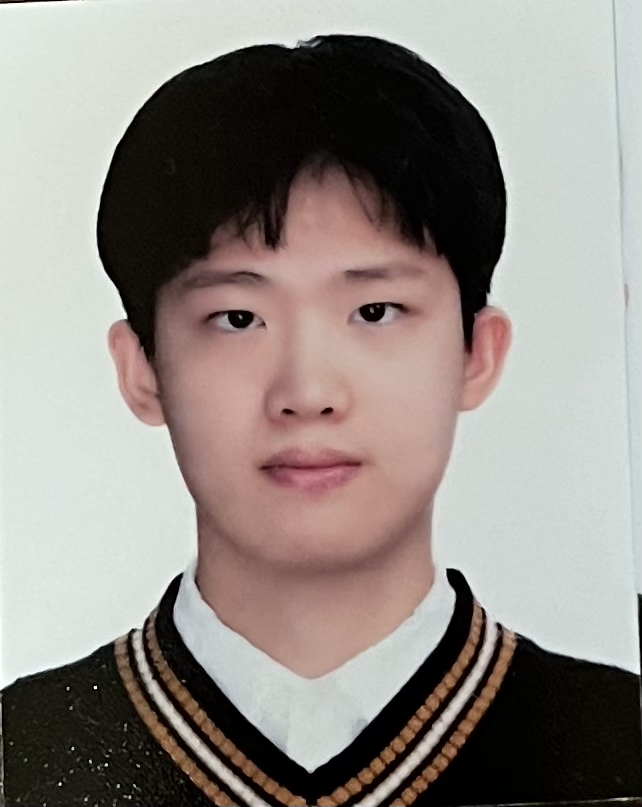
Park Young Min
- metacognition
- habit-memory
- learning
- modeling-control
- oblivion
- creative thinking
- Computational neuroscience
Hello, this is Youngmin Park. As I went through my high school years, my interest in the brain naturally grew. In a life where I have to constantly study new content, I spent a lot of time thinking about what I knew and what I didn't know, and in some cases, the experience of better memory and learning was particularly impressive. While I was attending school, public attention was growing on deep learning and machine learning. I liked the research area’s motto that the disciplines insisted on, and I became interested in the flow of research history. Recently, I have been vaguely concerned about something that only humans can do, considering the scope of tasks that large language models can perform and the impact it has on not only me as an undergraduate student but also the world. Even though I am an undergraduate student, my current concerns may feel meaningless, and I want to find out as much as I can. I think people’s curiosity about the brain will remain until I die.
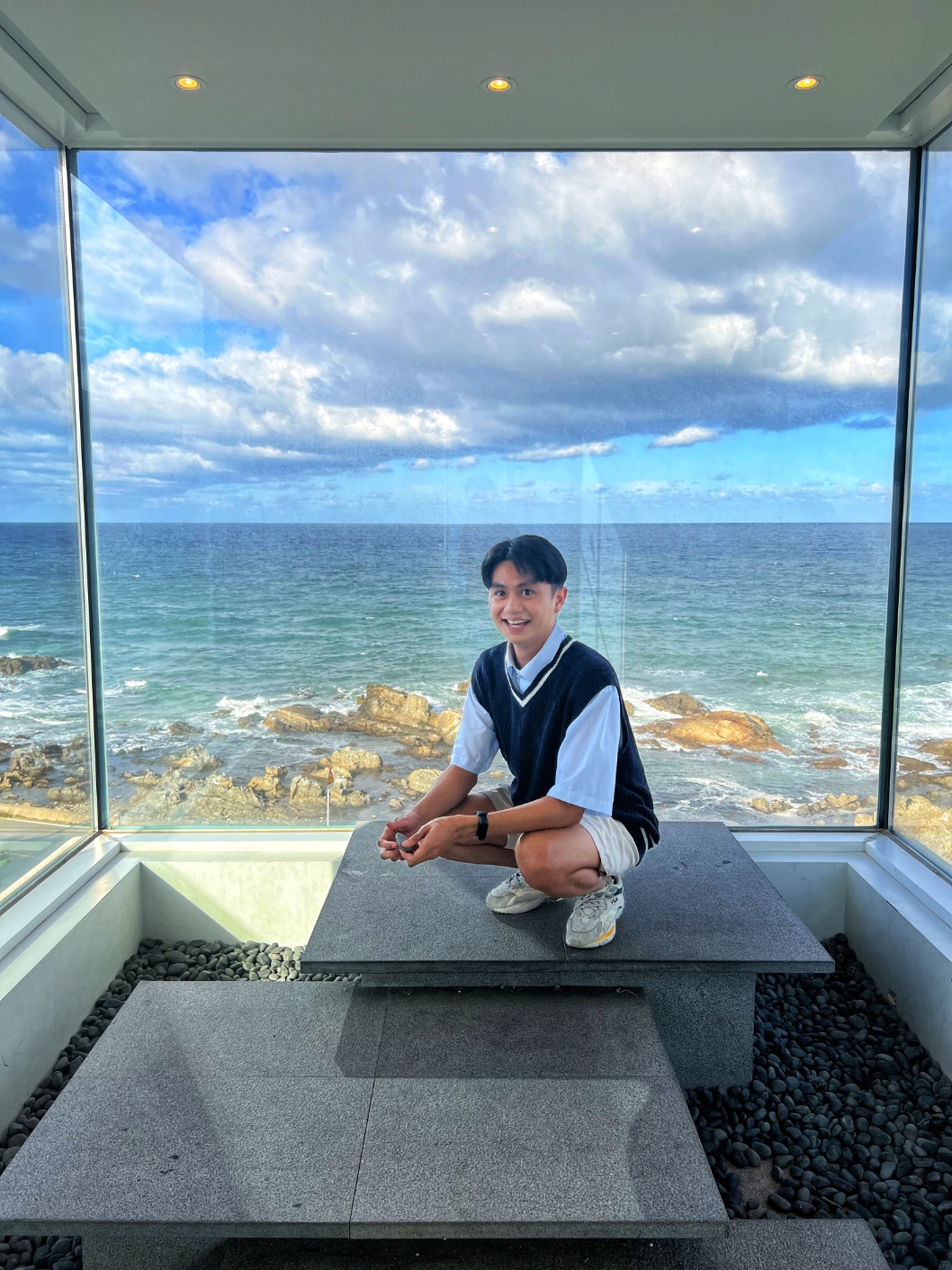
Jan Brey Espia
- Social Cognition
- Behavioral Neuroscience
- Psycholinguistics
- Neurophysiology
As a kid, Brey has always been fascinated by how humans function and how different components work together to achieve those functions. In high school, he took his first neuroscience class which made him immensely curious about how humans think and how those thoughts subsequently produce behavior. Now an undergraduate student, he came to the Department of Brain & Cognitive Sciences hoping to answer one question: why does one make irrational decisions knowing that it is irrational? His key research interests lie in social cognition, behavioral neuroscience, and psycholinguistics. While uncertain of his future, he strives every day to one-day bridge science to the masses.
Yeseul Seo
- Cognitive neuroscience
- Brain-Computer interface
- Artificial neural network
- Visual perception
- Decision neuroscience
- Consciousness
Brain science was attractive in that it is a study that understands the brain with the brain. I have been curious about how to accurately measure the colors that people perceive since I did not even know that the discipline called brain science exists. I want to study with an interest in senses and cognition, especially visual cognition. I want to study it not limited to the subject of senses, but furthermore to measure consciousness. Finally, I want to know what interactions nerve substances use to make high-level crystals called consciousness. I want to be a leader in neuroscience research that examines human 'consciousness' and how humans make decisions and infer them.
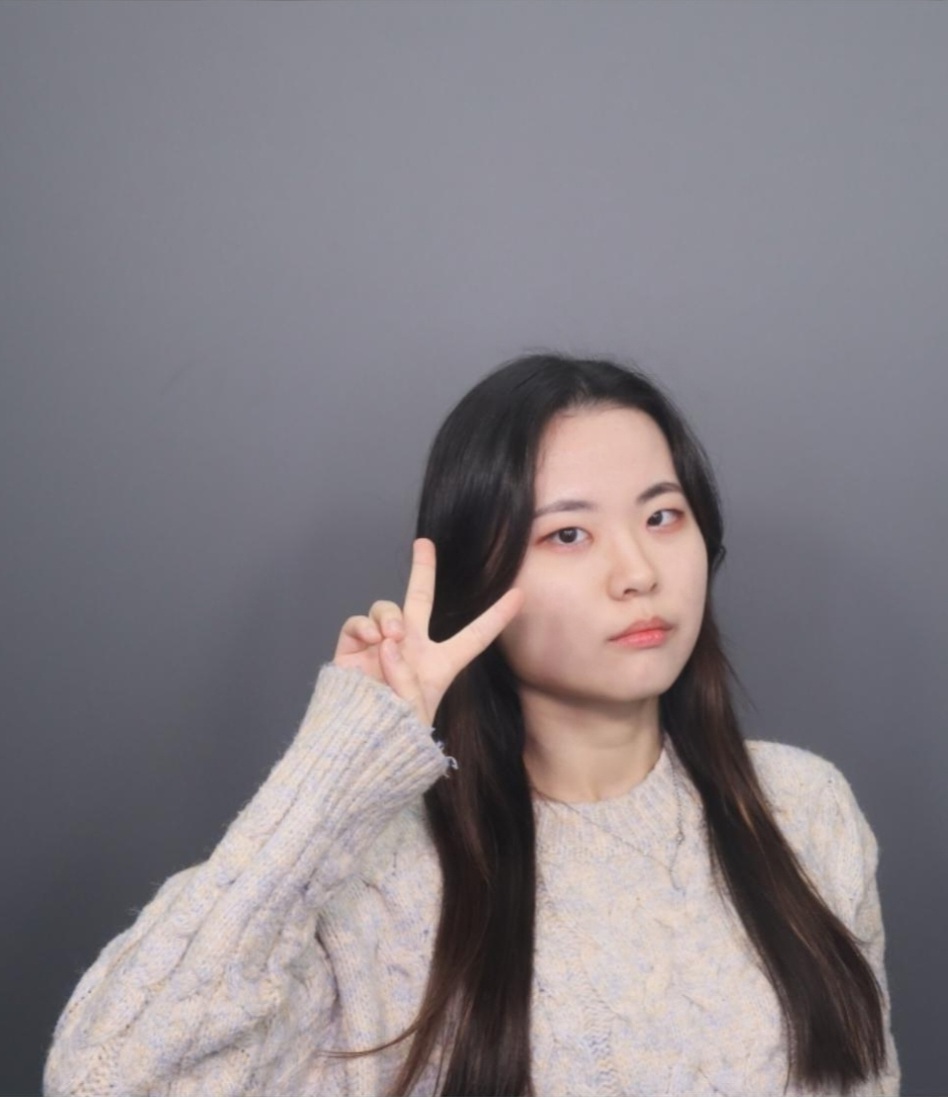
Son Seungmin
- Psychiatry
- Psychology
- Alzheimer's
- Neuroscience
When I was in high school, I became interested in the brain while participating in the Korean Brain Camp and R&E related to amyloid beta, and I went to the Department of Brain Cognitive Science to learn more about the brain.
In the future, I want to learn about complex human emotions and brain diseases.
I want to explore the degree of brain damage and its connection to crime. Moreover, I want to become a brain scientist who prepares for the future society by doing brain nerve research according to the cycle of human life.
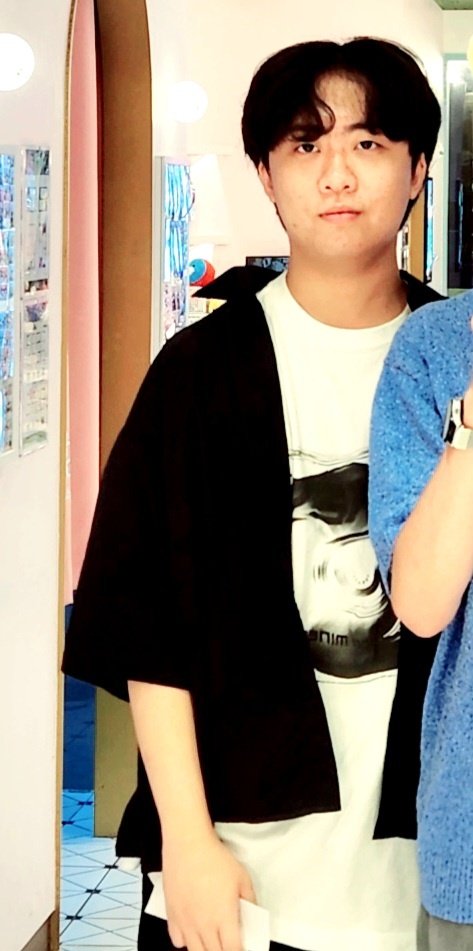
AHN Hojin
- psychology
- cognitive science
- neurology
- brain science
- brain disease
- dream
The Department of Brain and Cognitive Science is a new department, but I joined because I thought it would be interesting to study brain science, which has infinite possibilities. I want to learn various fields of brain science, and I am especially interested in various brain diseases and dreams. I want to use brain science to develop the world in a beneficial direction.
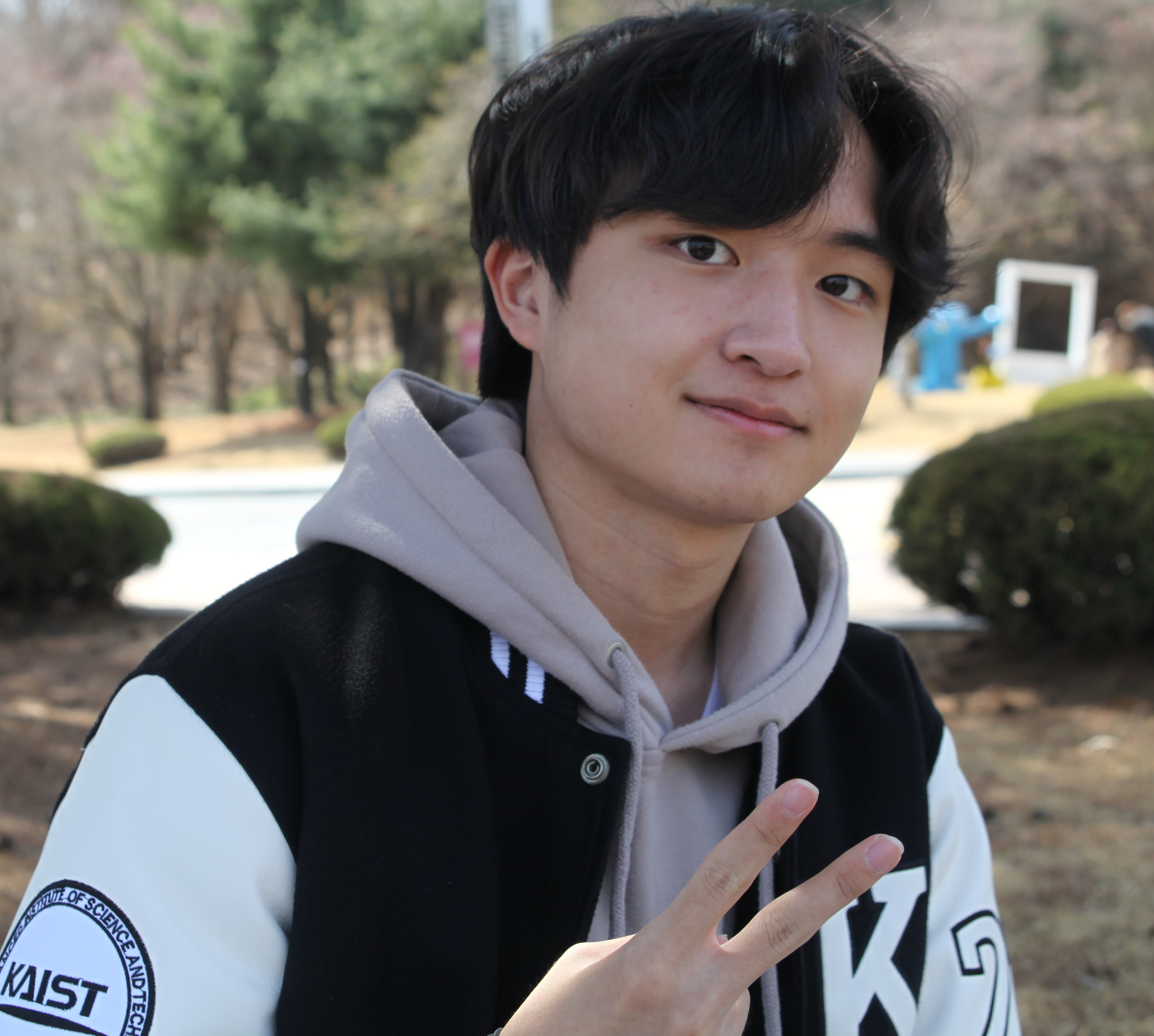
Yang Junhyeok
- Brain Engineering
- Brain-Computer Engineering (BCI)
- VR
My dream is to develop virtual reality (VR) where unconscious or mobility-impaired people can freely communicate with family and friends. The most interesting research fields are brain-computer interface (BCI) and virtual reality (VR), and I want to learn various things about brain engineering, psychology, and computer science in the undergraduate course.
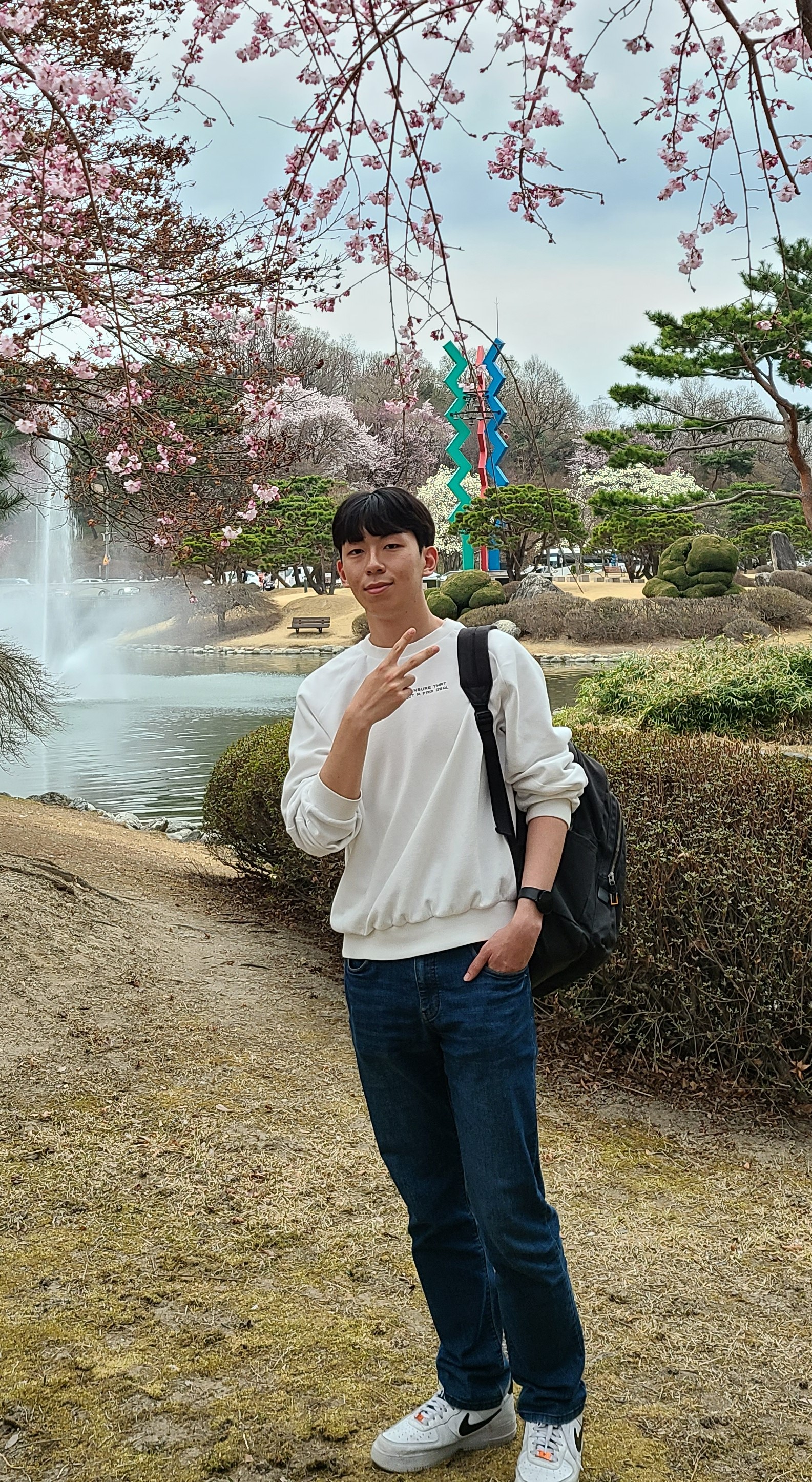
DaeHyeok OH
- Neuromorphic circuits
- Biological neural networks
- Neurosimulation
- Neurocircuit
DaeHyeok is interested in neuromorphic engineering with understanding of neural circuits. Especially, he intends to enable calculations that is difficult for earlier ICs, through neuromorphic circuits consist of diverse devices. As of now, he is studying neuroscience to accomplish above goal.
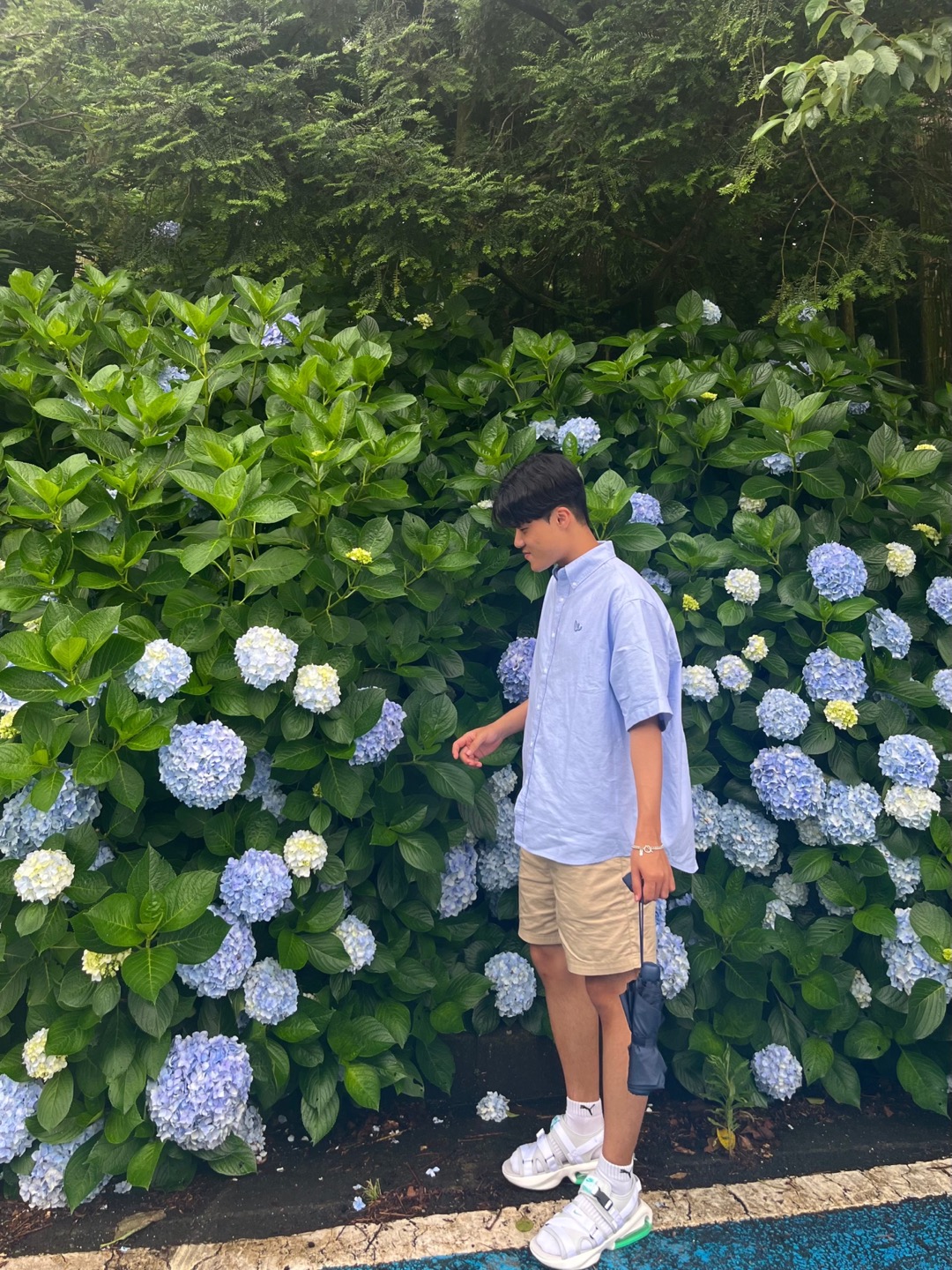
Hojun Wang
- cognitiveneuroscience
- behavioralscience
- psychiatry
- humaninterface
Each human being has a unique and individual consciousness. I came to the Department of Brain and Cognitive Science because I was interested in the questions of how consciousness arises and how consciousness can be defined.
By analyzing various social phenomena in our society and sometimes incomprehensible human behavior from a more scientific perspective, I want to approach to the answer of the question of what human intelligence is. I would also like to conduct research in psychiatry or brain engineering to conduct meaningful research that can help many people who are currently experiencing inconveniences.
The ultimate goal is answering to the question : What are the inherent characteristics of human intelligence that differentiate it from others? In that process, based on my overall understanding and study of the brain, I hope to produce research results of engineering and medical fields that can help many people.
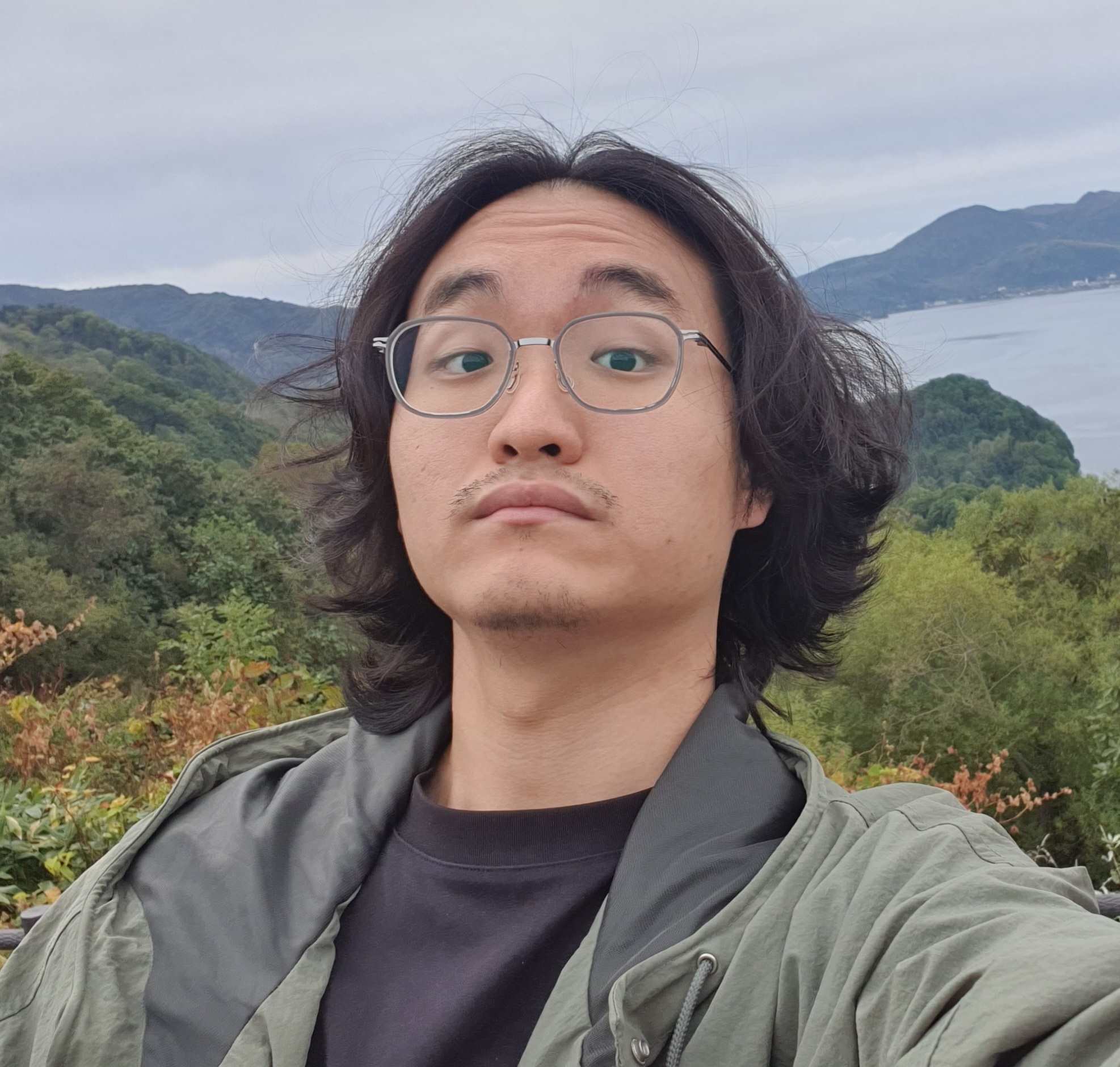
Martin Byungjin Yoo
- theoretical/computational/mathematical neuroscience
- neuroepistemology
- moral/cognitive enhancement
- consciousness
- psychedelics
I have an intense interest in addressing (or dissolving) fundamental problems in philosophy regarding epistemology and ethics through research in neuroscience. To this end I seek to investigate how the brain represents and processes reality. It is my deepest passion to elucidate—in the words of the pioneering neurophilosopher Patricia Churchland—“how (and what) meat knows”. I aim to approach the question using rigorous mathematical and computational methods coupled with experimentation and critical philosophical reflection. I joined BCS with the intent of cultivating strong foundations in these skills. I am also keen to explore applications that an understanding of consciousness and cognition would have on artificial intelligence, moral/cognitive enhancement, psychiatry, and psychedelic neuroscience among other related fields.
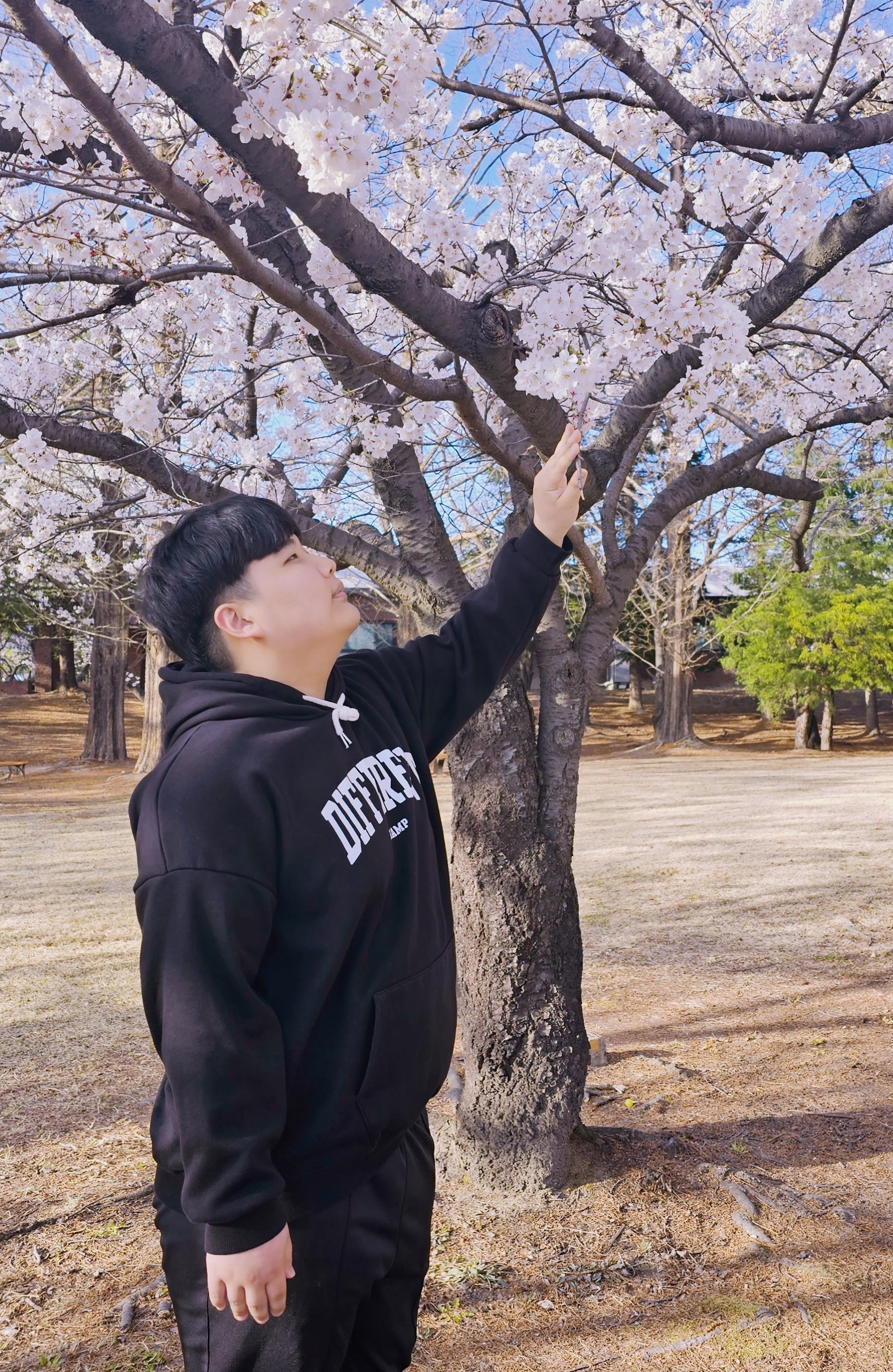
LEE SUGIL
- brain-machine interface
Hello, I'm Lee Sugil. I went to KAIST because I wanted to study brain, and currently majoring in brain cognitive science!
A lot of things are new and inexperienced, but I'll be pioneering my own path with my friends who chose this major, and one day I'll be the most prominent brain scientist in KAIST!
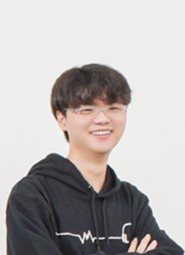
Jaekyoung Lee
- AI algorithm
- Neurogenesis
- qualia
I want to learn various fields of brain and cognitive science and analyze consciousness and experience. The purpose is to use this on studying artificial intelligence that can grow on its own.

Jeongmin Lee
- neuropsychiatry
- cognitive science
- neurobiology
Lee Jung-min is interested in the brain and mind, and the relationship between the two. In this regard, there are many interesting fields in brain cognitive science, so student Lee Jung-min's goal is to conduct in-depth research or start-up with what he has experienced and learned in the undergraduate course.

Lee Junwoo
- BrainDisease
- NerveScience
- Nerveimmunity
The human brain and neurons which are composed of complex structures led me to come to the Department of Brain Cognitive Science. My goal is to study various neurological diseases such as Alzheimer's and Parkinson's disease, and ultimately to develop treatments for mental illness.
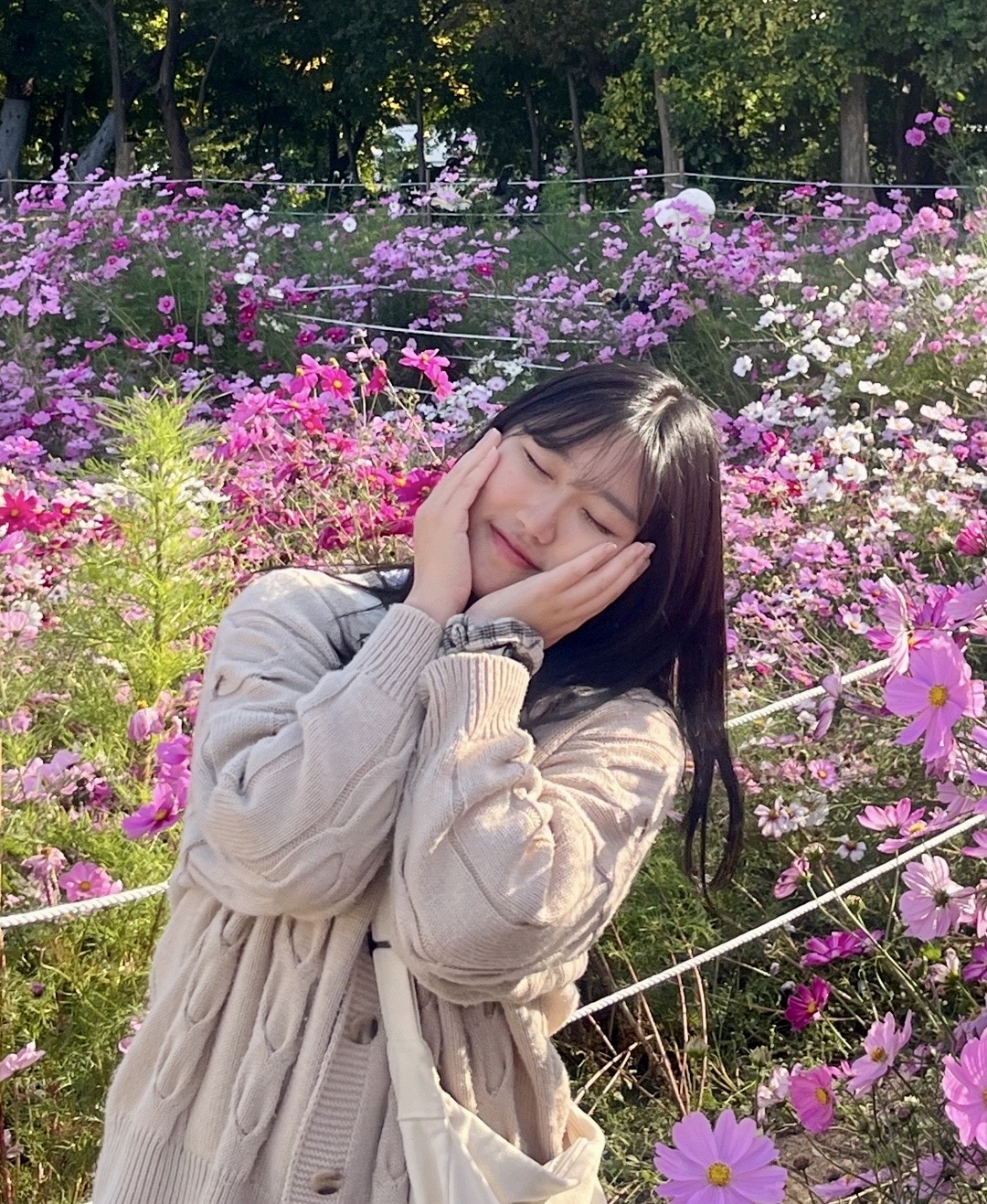
LEE, Ji-In
- cognitive science
- pedagogy
- brain education
- cognitive psychology
- developmental psychology
- neuroscience
Ji-In is an undergraduated student with a keen interest in education tied to cognitive development of human. Crossing the boundaries of humanities and neuroscience, Ji-In aims to conduct research on education from a comprehensive perspective. With her previous exploration in psychology, pedagogy, and ethics in high school, she plans to integrate neuro- and cognitive science into the study of brain-education. She aspires to conduct diverse research in neuroscience with a goal of establishing private institutes or platforms related to educational engineering for children, or special education.
Lee Jiho
- Brain-Engineering
- Brain-inspired AI
- Brain Nerves
- Brain-Computer Interface
Jiho Lee has a profound interest in Brain engineering, sparked by the discovery of technology that connects the brain and computer through Neuralink. Intrigued by the fascinating similarities between the neural processes of the brain and the functioning of computers, Jiho decided to pursue a deeper understanding. This interest led Jiho to enroll in the field of Brain Cognitive Science, where the goal is to gain an in-depth understanding of the interactions between the brain and computer.
Through the exploration of the similarities between the brain and computer, Jiho developed a keen interest in the field of Brain-Inspired AI. Specifically, Jiho is eager to immerse oneself in developing AI that can interpret and analyze the complex and concrete human thought processes. Additionally, Jiho aspires to contribute to the advancement of technology capable of understanding not only simple neural stimuli but also the more intricate aspects of human thinking and emotions.

LEE HYUNSEUNG
- braincomputerinterface
- AI
- Business
Hello, I came to the Department of Brain Cognitive Science because I thought it was the department with the most attention and vision as the brain-computer interface developed along with the development of AI. There is no clear field I want to study yet, but I want to further study computer science to develop the brain-computer interface, and I want to create an environment where humans can realize it just by thinking about it like Elon Musk's Neuralink.I want to study brain science in graduate school, and my dream is to become an intern and start my own business. To this end, I will take department classes hard, and now before I enter my major, I am expanding my knowledge by reading books related to brain science.
Yim ji min
- psychology
- brain
- perception
- cognitive
- cell
We are trying to study the cellular involvement of the brain in various activities such as our body's behavior, memory, and metabolism.
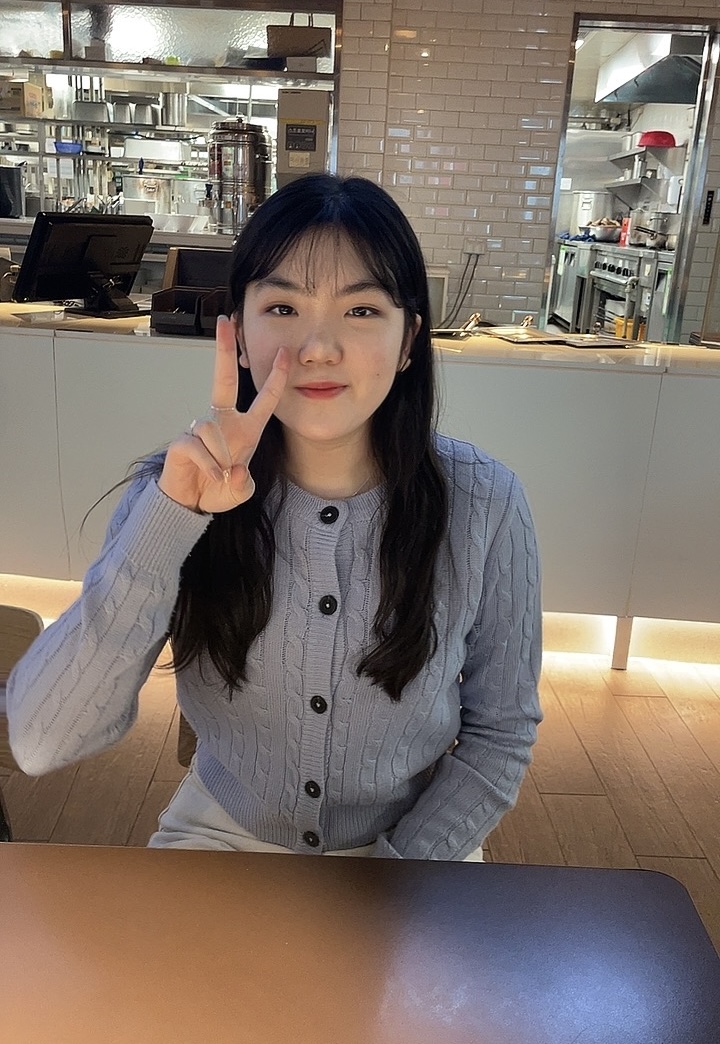
Lim Jimin
- neurodegenerative disease
- neuroplasticity
- Brain-inspired AI
Jimin is interested in neuroscience, specifically focusing on characteristics such as memory, emotion, interaction, and neuroplasticity. While studying neuroscience, she became intrigued by neurodegenerative diseases that loss of various brain functions. Currently, her interest lies in neural plasticity, Alzheimer’s, and Parkinson’s disease. Therefore, she aims to conduct research in neuroscience, exploring treatments for neurodegenerative diseases based on neuroplasticity. Furthermore, her goal is to study Brain-inspired AI, which mimics brain characteristics.
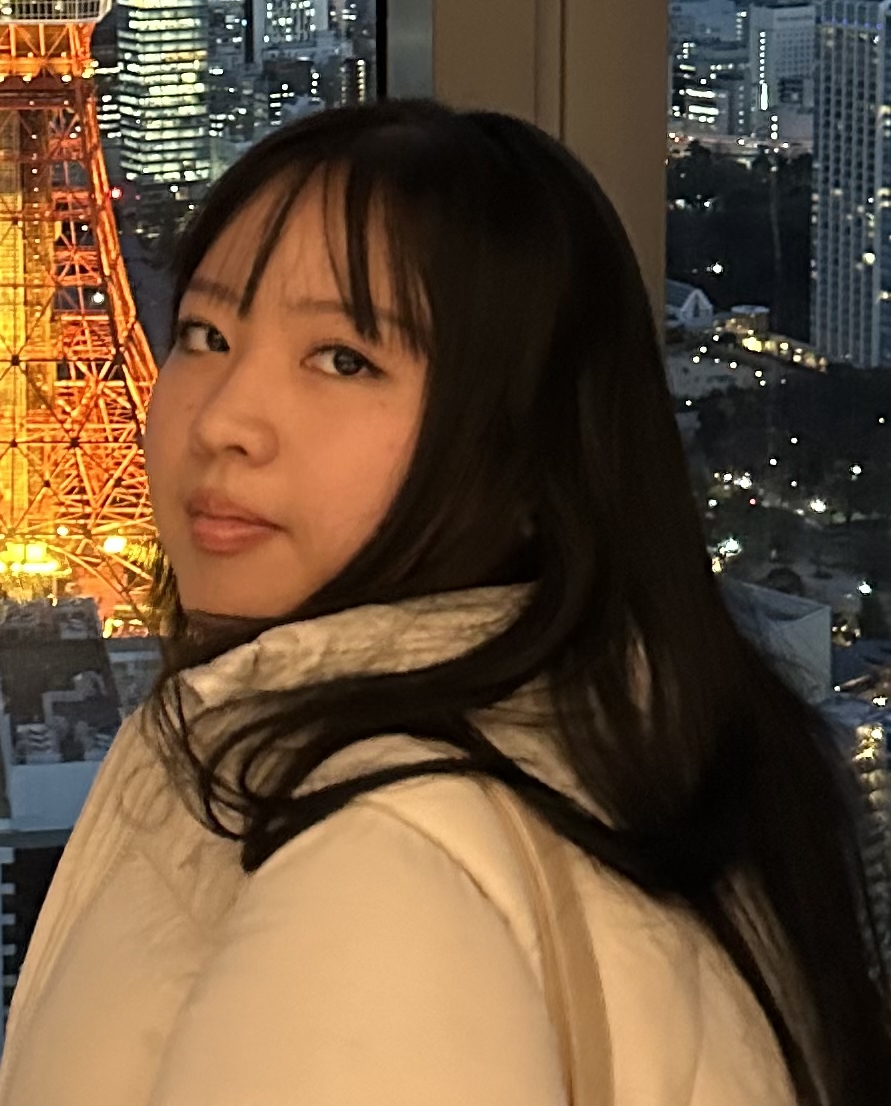
SEOYOON JUNG
- NervePsychology
- BrainDisease
- Behavior
- ForensicScience
Since high school, Seoyoon Jung has developed an interest in the brain by taking psychology courses. While studying the effects of drugs on the brain, she gained interest in brain diseases such as depression, schizophrenia, and Alzheimer's, and realized that brain science is her aptitude. She is hoping to study in the field of criminology that applies brain science such as lie detector technology.
Choi Woo Yeop
- Brain-artificial device interface
- Mutual control technology
After reading Decartes' book “Discours de la méthode”, questions about human consciousness arose, and became interested in brain science in that it is the most obscure of the existing scientific fields.
From the time I became interested in brain science until now, I have been using the brain-machine interface as my research field, and I want t study not only this but also philosophical analysis of brain science in my undergraduate course.

Choi, Ian
- Wetware computer
- Neurodegenerative Diseases
- Brain Stimulation
- Sleep
Ian entered the Department of Brain Cognitive Science with intellectual curiosity and pride in pioneering a new path. He aims to explore the possibilities of neuroscience throughout various areas such as bio-computing, neurodegenerative diseases, brain stimulation, and sleep. His goal is to become a researcher and entrepreneur who not only conducts research but also proves its worth in the market, as well as an innovator.
JE HYUN HERH
- AI
- Cognitive Science
- Qualia
- Consciousness
- Visual System
In this department, I would like to broaden my view for convergent research between the brain and computer. I am especially interested in abstract and subjective phenomena such as consciousness, mind, and senses. I aim to develop UI created through visual signal manipulation, develop new senses, and research on artificial intelligence based on cognitive science.
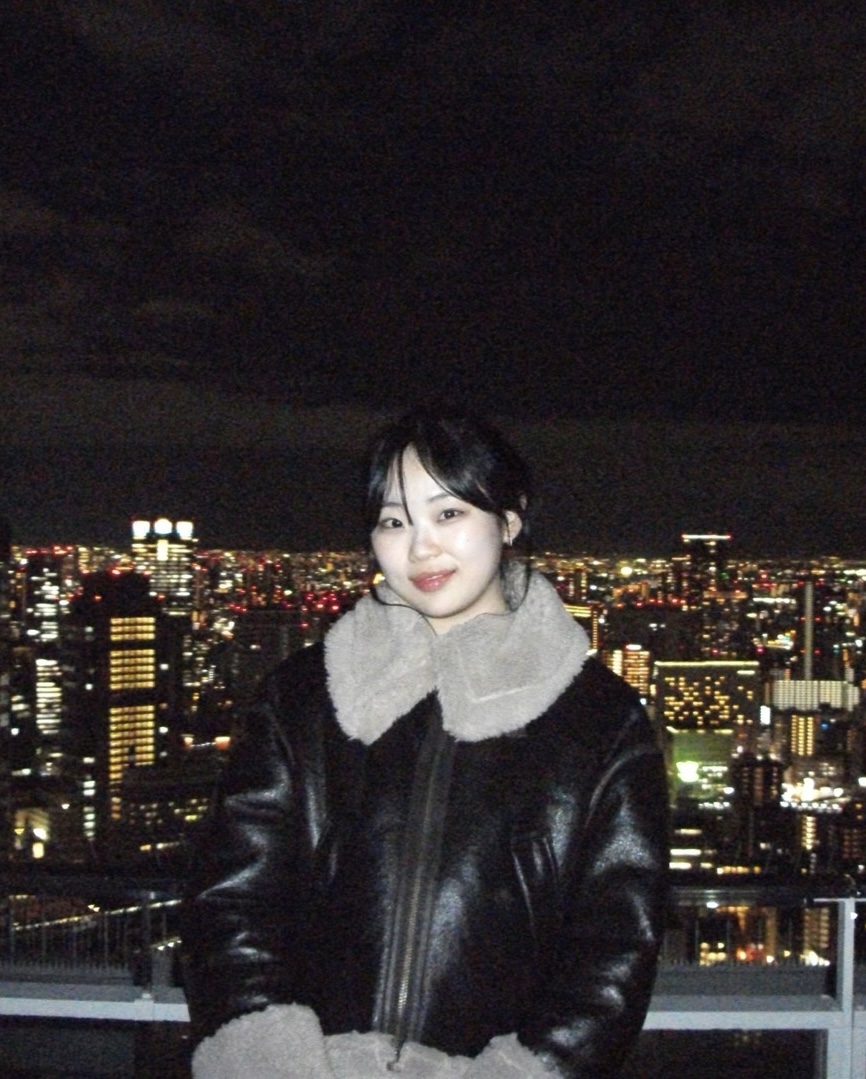
Haeun Hong
- Cognitive Science
- Neurodegenerative Disease
- Mental Science
- Psychiatry
- Brain engineering
My curiosity on humans was the driving factor for entering the Department of Brain & Cognitive Sciences. While understanding how humans think and act, I gained interest in the psychiatrical aspect. In the future, I aspire to be a researcher on neural network, psychiatry, and neurological disorders by integrating brain science and engineering based on the undergraduate program.
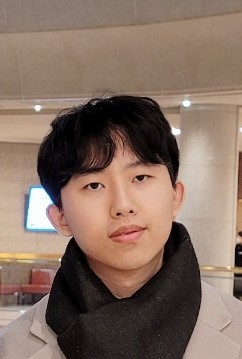
황윤찬
